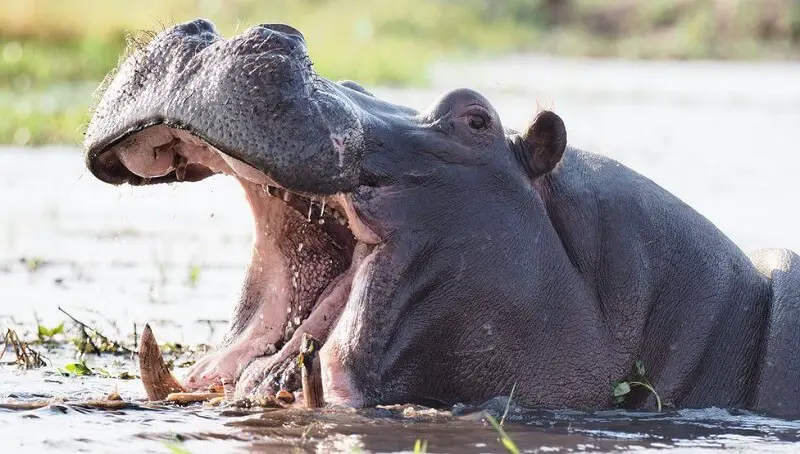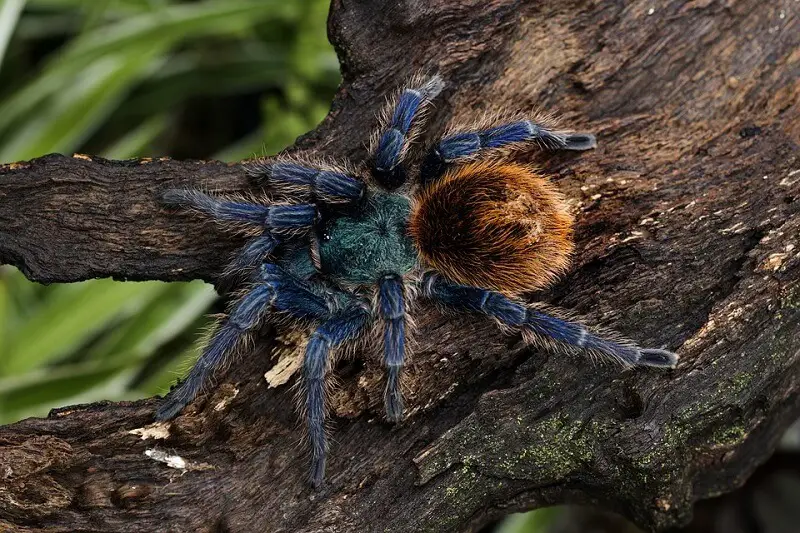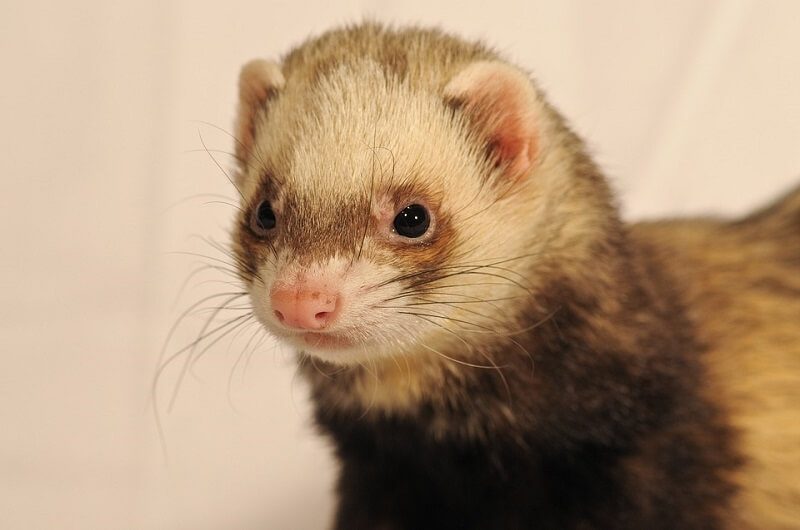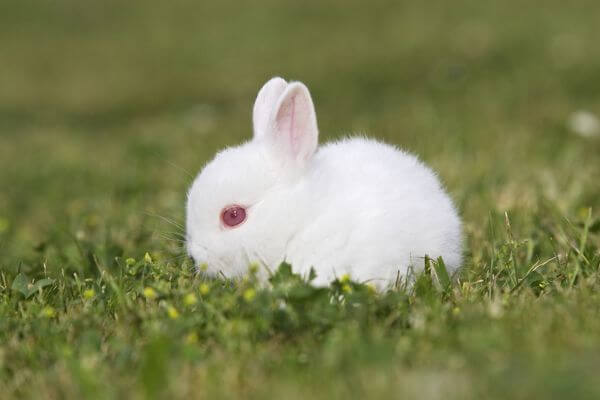Disguised as an oversized pig-like mammal, the hippo is surprisingly quick for an animal of its size. This aspect, along with its extremely possessive character and natural weapons, superior to any carnivorous animal, makes the hippo a dangerous opponent even for the modern hunter, installed in his off-road vehicle and equipped to defend himself.
The uncrowned King of African waters is an easily recognizable animal. The cylindrical body, the huge mouth adorned with some fangs, the hairless skin, the small legs, and the enormous waist make up the already famous image of the hippo. With a weight that reaches or even exceeds that of the white rhino, the hippopotamus is the second terrestrial animal in size and weight after the elephant.
You might also like my article on whether lions eat hyenas, whether snails bite, and whether koalas are dangerous.
Hippos eat far more meat than we initially thought and it can make them sick.
Hippos are huge animals with frightening fangs and aggressive natures, but they eat mainly plants. Sometimes they attack humans and they can get in fights with crocodiles, of course, but they’re not predators or carnivores.
So do hippos eat meat?
Lately, some biologists like Joseph Dudley have managed to prove that hippos are not so herbivorous, after all. Despite their abundant grass diet and all the adaptations that make them great grazers, hippos have been proven to eat their fair share of meat.
There are scattered reports of amateur scientists that talk about hippos attacking, hurting, and eating other animals, stealing prey from predators, and cleaning carcasses, including those of other hippos. In a paper published in the Journal Mammal review, Dudley and his colleagues argue that these incidents are not as unusual as they seem or isolated to a few animals or people. They say that there is a pattern of carnivorous behavior in hippo populations across the animal’s entire range – and that this behavior has consequences for hippos.
What happens if hippos eat meat?
Evolution has equipped hippos and other large herbivores for a plant-based diet, and the microbes that live inside them are adapted for the fermentation and digestion of many plant materials. However, this does not mean that these herbivorous animals cannot add meat to their menu. Many can and do.
It is known that antelopes, deer, and cattle feed on bird eggs, birds, small mammals, and fish. What most of these animals might retain from carnivores, is not their digestive physiology, but “biomechanical limitations” in meat provision and ingestion. In other words, they are not built to overpower prey or bite from the flesh, but the hippo is another story.
Hippos, though rare, were found eating bodies, usually near water. There are other reports of meat consumption and even narcissism. However, it is said that the hippo’s stomach anatomy is not compatible with carnivores, and eating meat is most likely due to unhealthy behavior or nutritional stress.
How often do hippos eat meat?
Due to large body sizes, and unusual mouth and dental configurations, hippos can be an extreme case in which the predation and elimination behavior in large mammals from a ungulates species are not constrained by biomechanical factors. The researchers say that hippos not only can kill and eat other large animals more easily than other herbivores, but being territorial and very aggressive can facilitate them becoming carnivores, putting them in situations where they hunt other animals in the hope of getting something to eat.
Hippos eat meat, yes. However, not all hippos will eat meat, and those who do, don’t eat too often.
What type of meat do hippos eat?
Since the first scientific record of the carnivorous behavior in hippos was made in 1996, other cases of carnivorous hippopotamus and even cannibalism have since been documented.
There were listed cases where wild hippos fed on impalas, elephants, kudus, gnu, zebras, and other hippos, who either died on their own or were hunted down by other predators. Events like these have been seen both in times when the option of becoming a carnivore may have been a last resort, during droughts when food is scarce, and when it was just a convenient opportunity, such as a mass drowning of gnus crossing a river.
There are also reports of hippos trapped in a zoo that hunted and ate their neighbors, including tapirs, flamingos, and pygmy hippos.
The scientific records, along with those of other investigators and observers, demonstrate that the carnivorous phenomenon of hippos is not limited to specific individuals or local populations, but is an inherent feature of the behavioral ecology of hippos.
Are hippopotamuses carnivores?
 Hippos are omnivores, but mostly eat foods of plant origin.
Hippos are omnivores, but mostly eat foods of plant origin.
Many people think hippos eat meat because they are so big. However, hippos are actually herbivores, which means they should only eat plants. Most of their diets contain short grass, but when in season, they will also eat fruit. They exhibit a unique behavior, although they tend to be vegetarian.
Some of the blame may fall on conflicting schedules. Hippos are mostly active at night, which means that meals, either meat or other types of food, are usually unseen by humans. Biologists believe that their carnivorous behaviors were simply overlooked.
Due to the heat of the African sun during the day, hippos have adapted to night feeding. Thus, as the night goes by, the hippo herds leave the waters and head to the vegetation-rich areas on the banks of rivers and lakes. There, they spend about 4-5 hours, concerned only with grass grazing.
A hippopotamus can consume as much as 68 kg of grass and leaves every night to ensure its energy and caloric needs. Their diet consists almost exclusively of grass, the rest of the herbivorous diet being provided by the aquatic plants from their environment.
Final words
Hippopotamuses not only can hunt and eat other large animals more easily than other herbivores but according to researchers, being territorial and extremely aggressive can facilitate their carnivorous behavior, putting them in situations where they hunt other animals and eat them.




